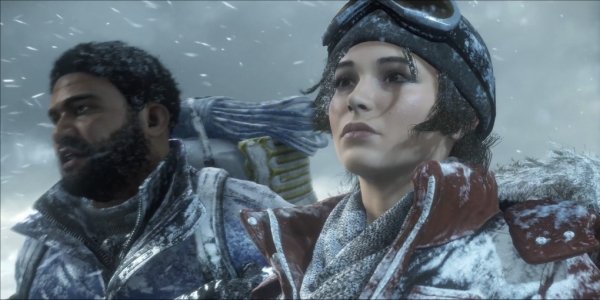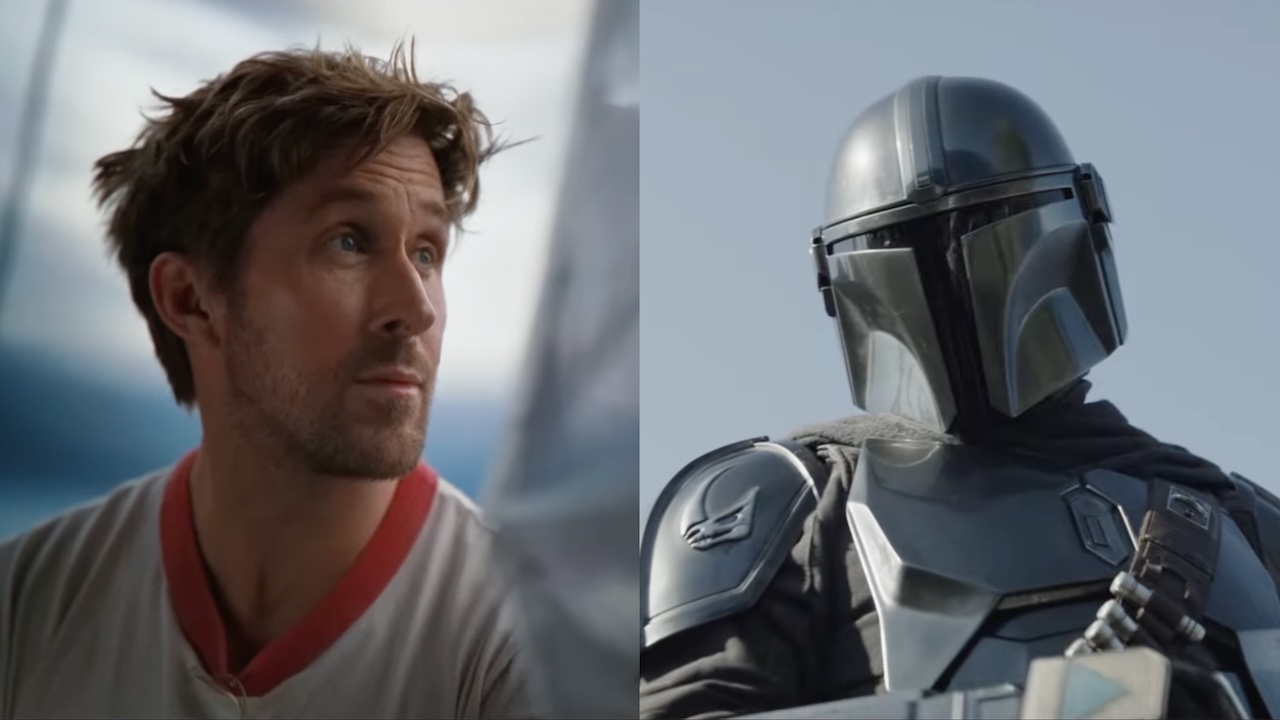One Thing Video Games Need To Do More, According To Tomb Raider's Writer

Your Daily Blend of Entertainment News
You are now subscribed
Your newsletter sign-up was successful
Everyone believes that games could definitely be better, in one way or another. Some people want more options, some people more narrative, some want more diverse characters, and others believe that games need to take risks in ways you may not expect.
Rhianna Pratchett, the writer for the 2013 Tomb Raider reboot and the follow-up sequel Rise of the Tomb Raider, explained to Gamespot that older fictional females could be used in games more often...
I think we need more older female protagonists in games. Often male protagonists are allowed to age in their games, thinking of Snake or Sam Fisher. They are allowed to get older and more grizzled. Whereas ladies aren't allowed to age that much. That would be nice to see.
Pratchett talked about this aspect of game design due to the industry coming off of the two big blockbuster successes, The Last of Us and the recent reboot of God of War, both of which are stories centered around father/child relationships featuring older men.
After working on the last two Tomb Raider titles Pratchett stepped away from the upcoming game Shadow of the Tomb Raider, allowing her to reflect more on the "what ifs" and possibilities of the franchise and the gaming industry in general. In fact, Pratchett originally -- and lightly -- pitched the idea of having Lara Croft as an older, wiser, embittered mother with a kid. Some people liked the idea but a lot of gamers didn't like the concept of Lara Croft as a mother running around with a child.
Uncharted 4 featured an older Nate and Elena, _but they didn't have kids with them during the adventure, and they weren't so old as to be considered "grizzled," but more like George Clooney-in-Ocean's Eleven old. Drake was slightly more grayed and a little more wrinkled, but he was still unrealistically carefree, charismatic and handsome. Elena, meanwhile, didn't look too much older than how she appeared in _Uncharted 3.
There are two other exceptions that fit the bill... Metal Gear Solid 4 and Splinter Cell: Conviction. Both games featured older, grizzled protagonists, as Pratchett mentioned, and both went on to have blockbuster sales. Interestingly enough, both series also rewound the clock on their subsequent outings, with Ubisoft opting to go for a Sam Fisher that was depicted as half the age he was supposed to be in Splinter Cell: Blacklist, and Metal Gear Solid 5: The Phantom Pain went back in time to give gamers a look at a grizzled but slightly younger Big Boss. So, even then, the "old guy" syndrome was reversed for the follow-up sequels.
Ubisoft did try something fresh with Assassin's Creed: Syndicate, and the expansion pack centered around an older, grizzled Evie Frye. However, she, too, was childless; but, I can't imagine how well it would work out if she tried to parkour across the London rooftops with a kid in tow.
Your Daily Blend of Entertainment News
There's also the issue with the general audience. Pratchett points to movies and television featuring older men and women regularly depicted as main characters, but in games centered around running, jumping, shooting and fighting, it gets a little tougher to pull off the older character without some sci-fi element being involved to explain how they're able to accomplish such feats.
There are some games outside the blockbuster genre that do feature older men and women as playable heroes, or playing as characters taking care of kids, such as the titles made by Telltale Games, or independent point-and-click titles. But it's true that the blockbusters focus more on younger characters with mainstream appeal, and selling content to younger audiences.
Heck, God of War has had criticisms from some gamers about how annoying Kratos' son Atreus is and how they wanted to remove him from the game. Even Conan O'Brien and Bill Hader joked about wanting to kill the kid because they found him annoying.
If game developers decide to do more parent-child stories with older, grizzled characters, they'll have to find that fine balance between making the kid necessary to the narrative and ensuring the kid isn't disruptive to the gameplay.
Staff Writer at CinemaBlend.

